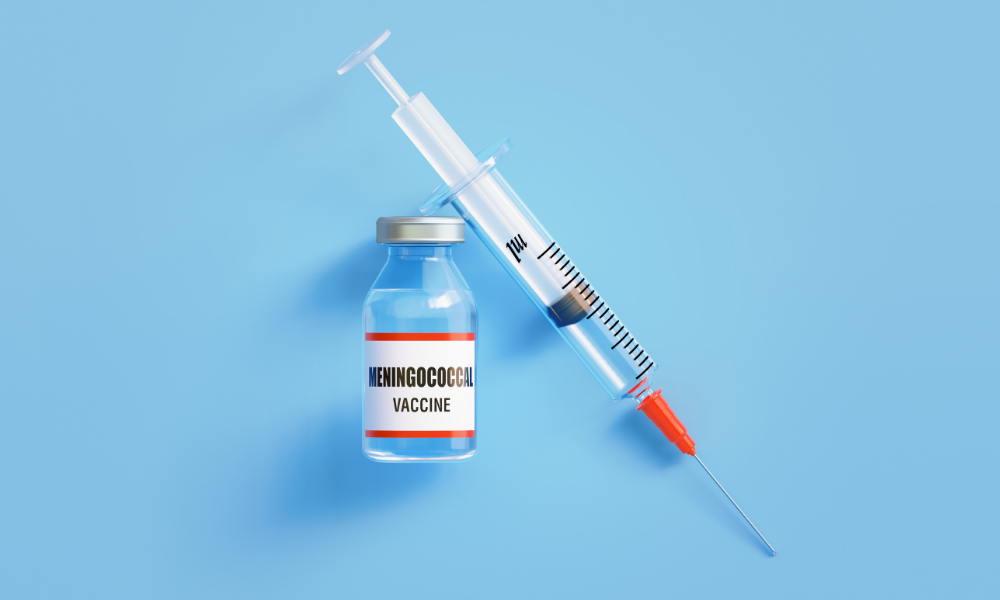Meningococcal disease is a serious and potentially life-threatening illness. The illness can result in inflammation of the brain (meningitis) and a serious bloodstream infection. Invasive meningococcal disease can also present as arthritis and pneumonia. Meningococcal disease is not easily spread and requires one to be susceptible to the infection and to have regular close contact with a person who is colonizing the bacteria. Meningococcal rates are low in Canada and have steadily declined since the 1990’s. The risk of contracting meningococcus is higher in students living in dorms. Meningococcus is treatable and responds well to antibiotics when caught early.

For more information: https://www.nvic.org/disease-vaccine/meningitis
[26] https://www.nvic.org/disease-vaccine/meningitis/quick-facts
[27] Vaccine Adverse Events Reporting System – https://digital.ahrq.gov/sites/default/files/docs/publication/r18hs017045-lazarus-final-report-2011.pdf
Product: NeisVac-C (Pfizer)
Product Monograph: https://www.pfizer.ca/files/NEISVAC-C_PM_EN_253221_26Oct2021.pdf (22 pages)
Patient Information sheet: https://www.pfizer.ca/files/NEISVAC-C_PI_EN_253221_26Oct2021.pdf
Manufacturer website: https://www.pfizer.ca/en/our-products